A Woman’s Guide to Life After Menopause Menopause, which occurs...
Read More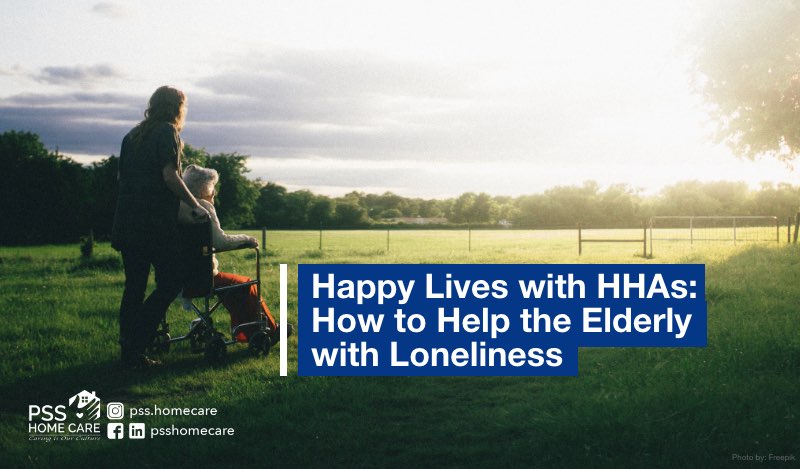
- Neil Reyes
- August 7, 2021
- 1 Comment
Happy Lives with HHAs: How to Help the Elderly with Loneliness

Even before Covid-19 wreaked havoc around the world, the aging population has been battling these two pressing health risks. And the global pandemic has worsened the situation for a significant number of older individuals in the United States. “Older individuals have felt the blow of the physical distancing guidelines and lockdowns that were implemented especially in 2020,” shared Bryan Estranero, PSS Home Care’s Business Development Manager. “Aside from helping older individuals with activities of daily living (ADLs), home health aides (HHAs) can also help the elderly with loneliness. They provide the mental, emotional, and social support that they need to live healthier and happier lives at home. This is exactly what happened with one of our clients and our hardworking HHA, Joseph,” remarked Bryan.
The story of a lonely older adult
Erratic. This was the word Mark used to describe his father’s sleeping patterns. “He told me that he would stay in bed for hours, but actually just get about a couple of hours of quality sleep in. This is probably why he was so exhausted in the morning. Whenever I’d call to check in on him, he’d be so cranky,” Mark shared. Aside from disrupted sleep, his father, who lived alone in New York, was taking less of his calls. “When he did pick up, our conversations would be short. He was curt and disengaged,” shared Mark.
It turns out that Mark’s father was battling something that plagues the lives of millions of older individuals, especially during the pandemic — loneliness and social isolation. Even before Covid-19 wreaked havoc around the world, the aging population has been battling these two pressing health risks. And the global pandemic has worsened the situation for a significant number of older individuals in the United States.
What is loneliness?
Loneliness is the feeling of being alone — even if a person has regular social contact with friends, companions, or family members.
What is social isolation?
Social isolation refers to a lack of social connections. Older individuals can experience social isolation due to various reasons, including the deaths of spouses and friends, disability, and illness.
What are the health risks associated with loneliness and social isolation?
Loneliness and social isolation can lead to high blood pressure, heart disease, obesity, a weakened immune system, anxiety, depression, cognitive decline, and even death, according to research.
How many Americans are experiencing loneliness and social isolation?
As of 2018, 35% or approximately 47.9 million US adults aged 45 and older are experiencing loneliness.
Loneliness by the numbers
According to a 2018 survey conducted by the AARP:
51% of midlife and older adults who consider their health to be fair or poor are lonely.
Having a sleep disorder is linked to loneliness. 42% of older adults diagnosed with a sleep disorder are lonely.
47% of adults who lost their spouses or partners in the last five years are lonely.
40% of adults who smoke or use tobacco are more likely to be lonely from those who abstain from smoking.
“The pandemic has really magnified loneliness and social isolation in older individuals. Older individuals have felt the blow of the physical distancing guidelines and lockdowns that were implemented especially in 2020. The loneliness has affected their mental, physical, and emotional health, something that was apparent especially in our new clients,” shared Bryan Estranero, PSS Home Care’s Business Development Manager.
“Aside from helping older individuals with activities of daily living (ADLs), home health aides (HHAs) can also help them with the mental, emotional, and social support that they need to live healthier and happier lives at home. This is exactly what happened with Mark’s father and our hardworking HHA, Joseph,” remarked Bryan.
Keeping loneliness, isolation at bay: How HHAs help the elderly with loneliness
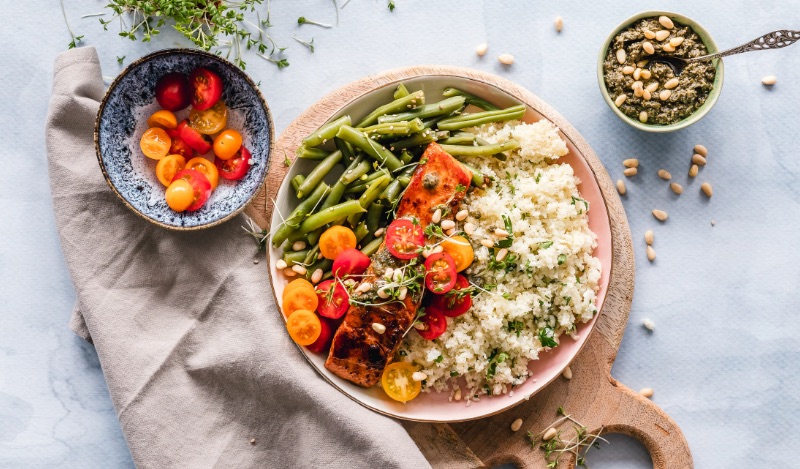
Home health aides can help
older individuals live healthier lives.
HHAs can help older individuals live healthier. Studies have shown how regular exercise, a healthy diet, and enough sleep can do wonders for one’s health. After all, endorphin boosts from exercise can instantly elevate mood and make people happy. “He’s been relatively more calm, more relaxed, and happier. Joseph, my dad’s HHA, is helping him get daily exercises and has been cooking healthier meals for him. He’s cut down on junk food and it shows,” said Mark.
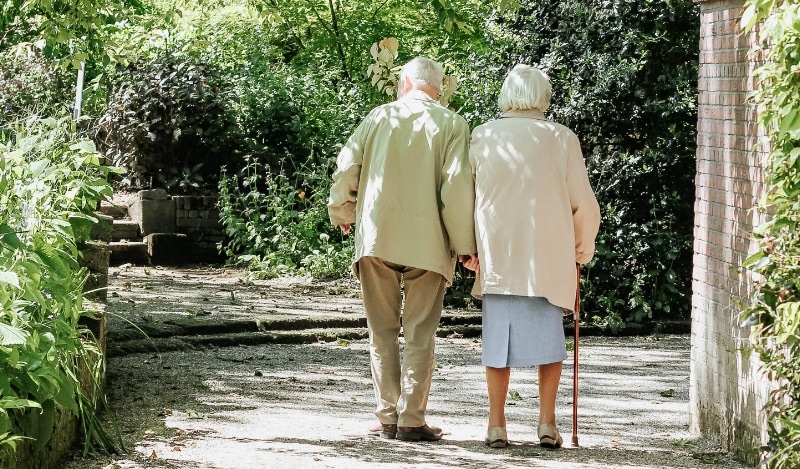
Home health aides can help
older individuals maintain an
active social life.
From driving older individuals to local parks, accompanying them to interesting group activities such as book club or gardening club, or simply enjoying fun activities at home, home health aides can help older individuals keep connected with friends, old and new.
“Joseph has been bringing my dad to the local park. He loves playing chess, and it’s nice to see that he’s begun playing again and has met new people, too. In the beginning, it was so difficult to bring him out of the house, but now, he can’t wait to go, especially since the weather’s been so nice,” remarked Mark.
“He also drives my dad to his best friend’s house once a week. They have coffee together, something that they haven’t done in a while. It’s something that he has missed doing and he’s been so happy about it,” he added.
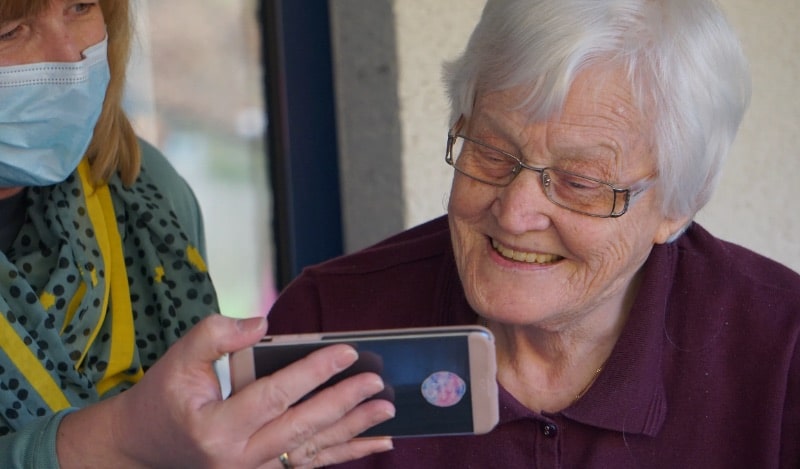
Home health aides can help
older individuals navigate technology.
Tech savvy HHAs can help older individuals discover the online world. They can go online to connect or videochat with their friends and loved ones, learn new things by enrolling in classes, and find new ways to entertain themselves such as by watching videos on YouTube.
“It’s been nice to see my dad more often, even though I live three hours away. Joseph helps him FaceTime with me, and I’m glad to see how happy and healthy he looks. He’s been more engaged lately, which is a welcome change from how he was when he was alone. He also asks Joseph to pull up YouTube videos of chess matches so he can beat his friends, he says, so that’s been really funny, too” Mark shared.
Caring is our Culture
Helping the elderly with loneliness and social isolation is but one of the many benefits of having a skilled and compassionate HHA.
At PSS Home Care, we provide top-notch assistance to older adults, as well as people living with disabilities, chronic illnesses, or cognitive impairments. Our home health aides help our clients with activities of daily living such as bathing, dressing, and grooming, among many others. They also prepare healthy meals and oversee the administration of prescribed medication. These and more are what make PSS Home Care’s brand of compassionate care exceptional.
For more information about our home care services, contact us at 718-752-9833. We are also regularly hiring and training skilled, professional, and compassionate home health aides to become part of our caring team and to help as many older individuals in need as we can.
Check out our other articles
Monkeypox Overview: What It Is, Who’s At Risk, and What You Need to Know
Monkeypox Overview:What It Is, Who’s At Risk, and What You...
Read MoreLiving and Caring: Improving Patient and Caregiver Quality of Life with Respite Care
Living and Caring: Improving Patient and Caregiver Quality of Life...
Read MoreHappy Lives with HHAs: How to Help the Elderly with Loneliness
Happy Lives with HHAs: How to Help the Elderly with...
Read More
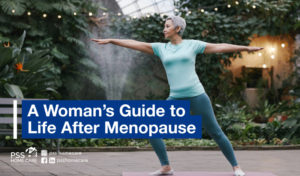
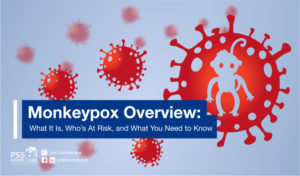
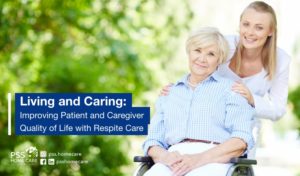
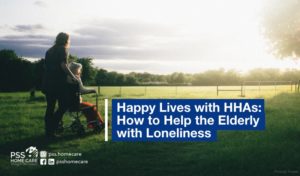
Reading your work feels like stepping into a quiet space where everything makes sense, even the things that were once unclear.
kamagra 100mg prix: Kamagra oral jelly pas cher – kamagra 100mg prix